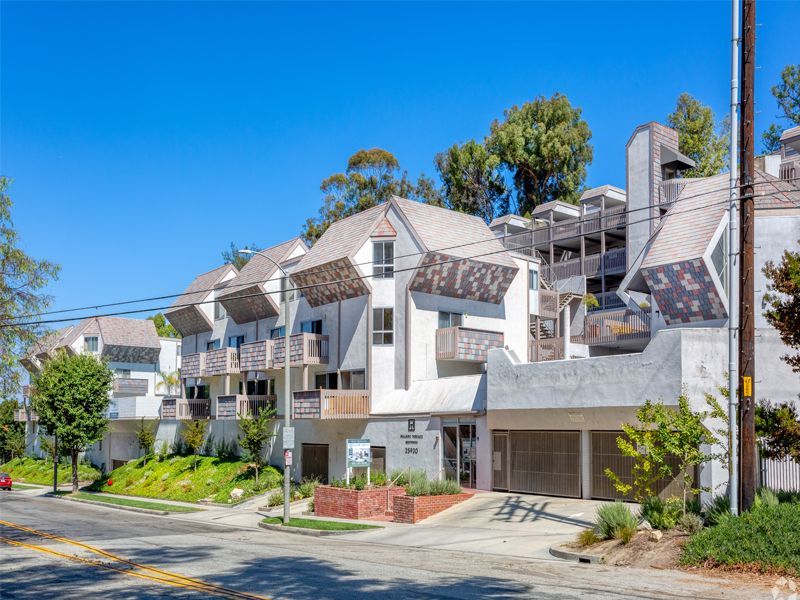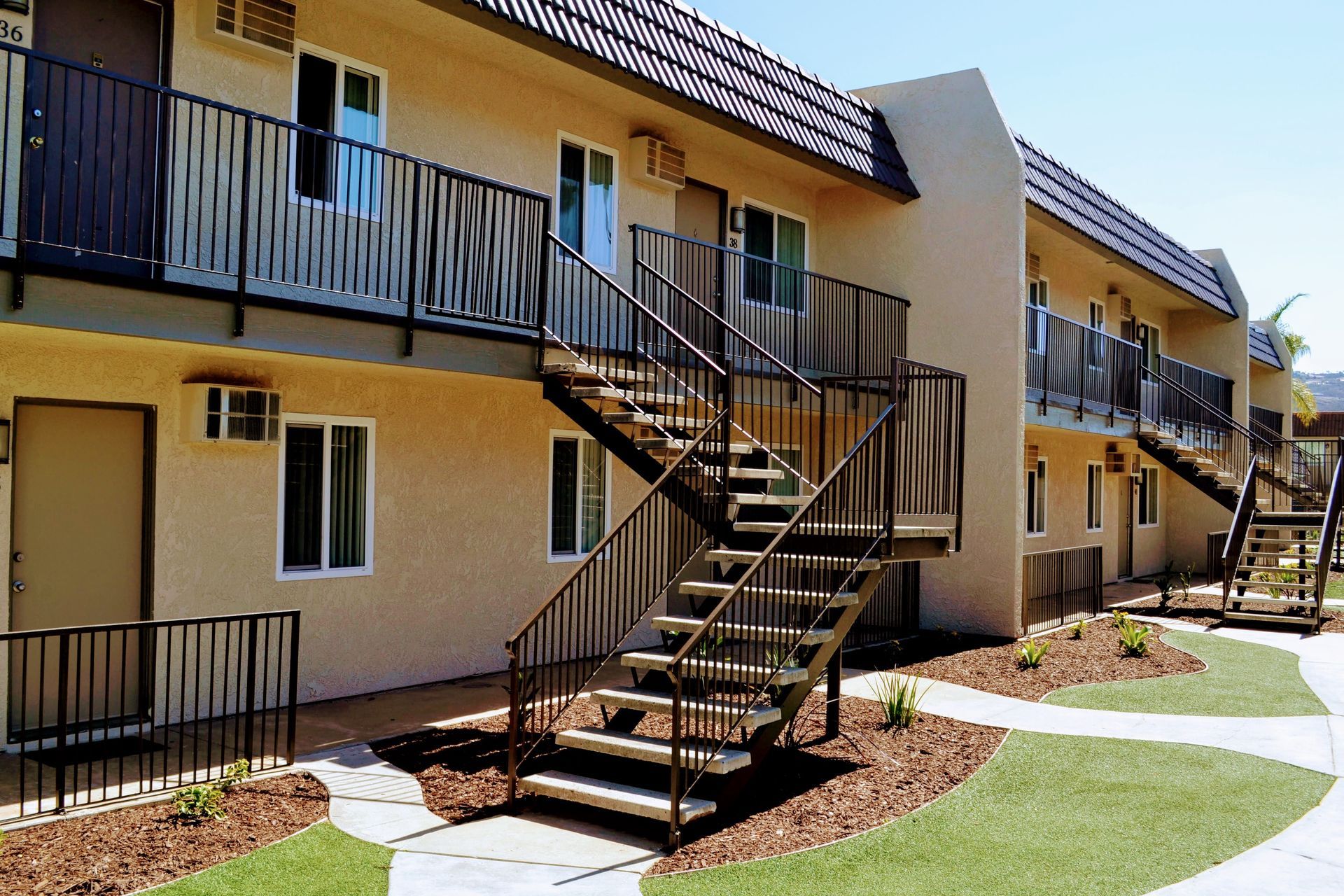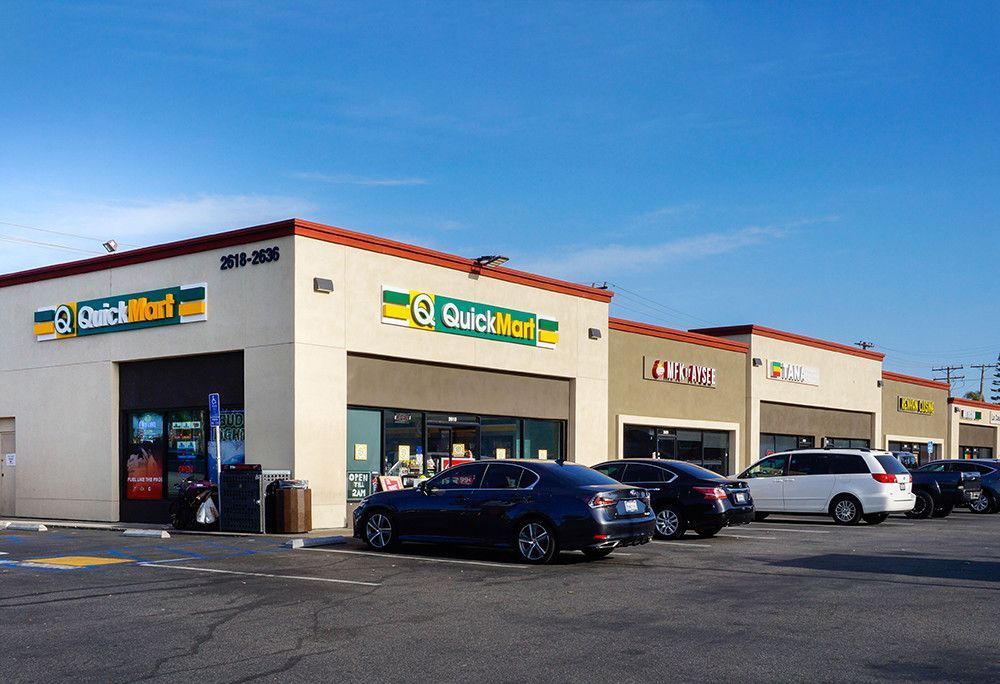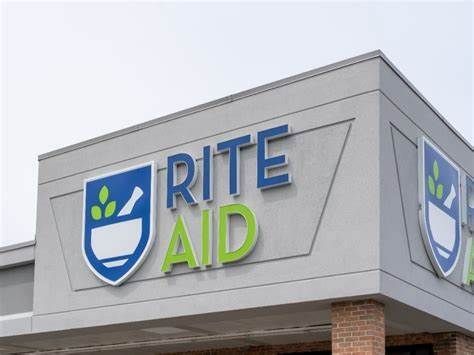HOW DO I GET PAID FROM A MULTI-MEMBER LLC?
As you look towards the future growth of your real estate portfolio, you may be considering the idea of reinvesting in some of your smaller properties (e.g., single-family homes or 4plexes) into larger multi-family properties (for example, an apartment building with 16 or more units).
This could dramatically launch you onto the fast track to greater wealth and freedom but with those larger investments comes the need for more sophisticated and formal business structures, such as transferring your portfolio from your own personal name into separate LLCs that are set up for each individual property.
Another big consideration is that you may need some extra start-up capital from additional investors. This could be in the form of you and your spouse investing together, a group of friends that have decided to pool money together, or you’ve been offered an opportunity to invest in a larger syndication or investment fund.
But what about the returns from these larger investments and business structures? At the end of the day, how do you and your partners get paid from these investments and what things should you consider?
At Coastline Equity, we have worked with many landlords over the last 40+ years, and it's thanks to these years of experience managing their real estate investments we’ve gathered the most commonly asked questions from our clients regarding distributions and decided to share those answers to shed some light on this important topic.
Knowing this information will be a key piece in helping you crunch the numbers on your next investment and provide you with a better understanding of how your well-invested dollars will ultimately lead to extra cash in your bank account!
But please note that how you choose to set up your real estate business and the specific tax implications of your particular investments should be discussed with your CPA.
WHAT ARE DISTRIBUTIONS?
Distributions are the funds that get paid to the individual “members” (as they are known in an LLC) of your real estate investment. Generally speaking, each member gets paid based on their percentage of ownership of the property, and this can occur periodically (monthly, quarterly, or annually) or in a one-time payment when the property has been refinanced or sold for a profit.
Exactly how and when these distributions will be paid will be determined by how you and your partners set up the Operating Agreement for your LLC. There can be more specific and complex ways to structure the ownership of your investment so, again, consult with a CPA or legal professional to discuss your unique investment plans.
Based on that information, your management company will be able to issue the distributions to you and your fellow members via check or direct deposit.
HOW AND WHEN ARE DISTRIBUTIONS MADE?
There are a number of things to consider when deciding how much cash is paid to investors in the form of distributions. In the case of periodic distributions, your starting point will be the balance sheet, which will show the cash that remains after paying all the operating expenses for the building (including property taxes, debt service, and insurance). Based on this, each member can receive their proportional share of earnings.
Note that it is generally considered a smart idea to let your property LLC accumulate rental income for a period of about 3 months before considering distributions to investors. Once that amount has been saved, distributions can then be made each successive month thereafter. This strategy can be used to build a reserve amount, which acts as a safety net by covering any large, unexpected expenses.
In the case of one-time (aka lump-sum) payments, one large sum of cash is split between investors after the property has seen an increase in value, it is sold for a profit, and the loan has been paid off.
Lastly, there are instances when a distribution paid out to members after a cash-out refinancing of the building has occurred. In this case, a lender will consider the equity that you and your partners have built over time, and the give you cash in exchange for taking on a larger mortgage. In other words, with a cash-out refinance, you borrow more than you owe on your mortgage and pocket the difference by means of a distribution to the LLC members.
TAX IMPLICATIONS OF REAL ESTATE DISTRIBUTIONS
For tax purposes, the LLC is considered to be a “pass through entity,” meaning that any distributions that are paid by the LLC are “passed through” to the individual tax returns that are filed by you and the other members. In other words, the LLC itself does not pay taxes on its earnings but you and your partners
do,
based on the distributions that were paid out.
In addition, note that the amount of taxes you pay on those distributions is dependent on your personal federal tax rate, as well as any deductions that can be claimed from the operation of the LLC and your own personal deductions. This would mean that a $100,000 distribution paid out to you over the course of the year would not necessarily be taxed on that entire $100,000. It would be added to any other personal income you file on your tax return and subject to any deductions that you can personally claim.
Please be aware that there can be a lot of nuances here. For instance, LLCs can be set up in slightly different ways which can have an effect on how taxes are treated. Again, consult your CPA to find the structure that works best for you.
CONCLUSION
Whether it’s you that is finding and organizing the next real estate deal or someone else that is asking you to join as an investing member, understanding some of these basic ideas and commonly used business structures will help you prepare for your next meeting with your CPA. And although the legal and tax implications start to become a bit more complicated, the risk-to-reward outlay can really start to look more favorable when you make the move into larger multi-family properties!
Property Management Made Easy
Contact Us - Contact Page
We will get back to you as soon as possible
Please try again later
Los Angeles
1411 W. 190th St.,
Suite 225
Los Angeles, CA 90248
Temecula
41743 Enterprise Circle N.,
Suite 207
Temecula, CA 92590

P.O. BOX #1489
TORRANCE, CA 90505








